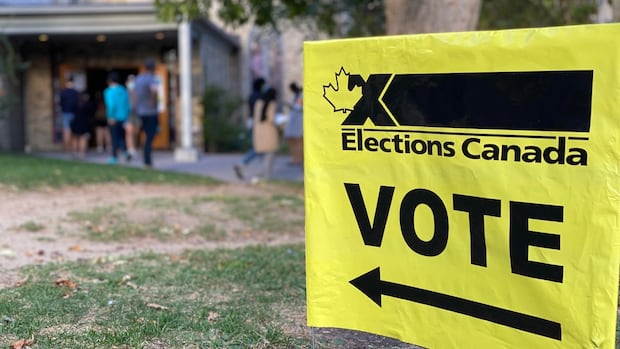WARNING: This story includes details of sexual assault and may affect readers who have experienced sexual violence or know someone who has.
Vancouver Mayor Ken Sim is calling for “concrete action” from the provincial and federal governments after two high-profile assaults in the city in recent weeks.
Peterhans Nungu, 34, was arrested and charged with assault causing bodily harm, police said, in connection with an assault in Coal Harbour on April 15. On Tuesday, police said he was granted bail and released from police custody on April 23, but was transferred to a secure medical facility where he was under medical supervision.
Police said he was released from the facility this week and will be living under house arrest in Vancouver.
Meanwhile, convicted sex offender Ronald Hartley Duckhorn, 35, was arrested and charged after a woman was attacked, robbed and sexually assaulted by a stranger in a Stanley Park bathroom on Monday. The latest charges against Duckhorn have not been proven in court. His next scheduled appearance is May 23 in Vancouver provincial court.
After Sim’s plea went public, Vancouver police sent out a news release saying they had arrested high-risk sex offender Randall Hopley on Thursday, not long after he was released from prison.
“Law enforcement agencies have done their job in identifying suspects and making arrests, but the judicial system is repeatedly letting victims down by allowing those with a high risk to reoffend back into the public,” Sim said Thursday.
“The public deserves an answer from Attorney General Niki Sharma on why this continues to happen.”
In an interview with CBC’s The Early Edition Thursday morning, Sharma said she’s been trying to get the federal government on board with changes to the Criminal Code when it comes to repeat offenders.
The Early Edition8:42B.C. Attorney General calls for federal action on bail reform
Niki Sharma spoke to Stephen on Thursday’s program, after a convicted sex offender was charged in relation to a sexual assault in a Stanley Park washroom.
Changes to the Criminal Code went into effect in 2024 that aim to make it harder for people accused of violent crimes to be released if they have a history of serious and violent offences involving a weapon, and also in cases involving intimate partner violence.
University of the Fraser Valley criminologist Amanda McCormick told CBC’s BC Today host Michelle Eliot that because Canada’s justice system moves so slowly, it’s hard to know what kind of impact that change has had on public safety.
“These days, we’re seeing it takes a year, a couple of years, depending on the nature of the offence, before these cases go before court, so we just don’t have that data at this point,” she said.
In 2023, B.C. launched the Repeat Violent Offending Intervention Initiative in several communities around the province, which brings together police, dedicated prosecutors and probation officers to provide early interventions in cases involving repeat violent offending and connect individuals with services that may help to break the cycle.
But Sharma said it isn’t enough, and that the law around repeat offenders needs to be even stronger. She said the province has ideas around how to accomplish this and will be presenting them to the feds, but did not specify what that might look like.
Sharma said bail reform is “completely essential” when it comes to improving public safety across B.C.
“When somebody is repeatedly breaching probation, repeatedly breaching court orders essentially … in my view, there should be an escalation in detention and punishment for that individual instead of a repeated cycle of release,” she said.
In an emailed statement to CBC News, a spokesperson for the federal Department of Justice said the government has committed to “going further” with bail reforms targeted at repeat offenders, and it needs provincial government co-operation.
“Even with strengthened bail reforms, we know that a lack of court and policing resources is leaving victims behind and compromising public safety,” the spokesperson said. “Underfunding not only makes it hard to properly administer bail, it can also cause delays that can jeopardize trials.”
If you’re in immediate danger or fear for your safety or that of others around you, please call 911. For support in your area, you can look for crisis lines and local services via the Ending Violence Association of Canada database.







